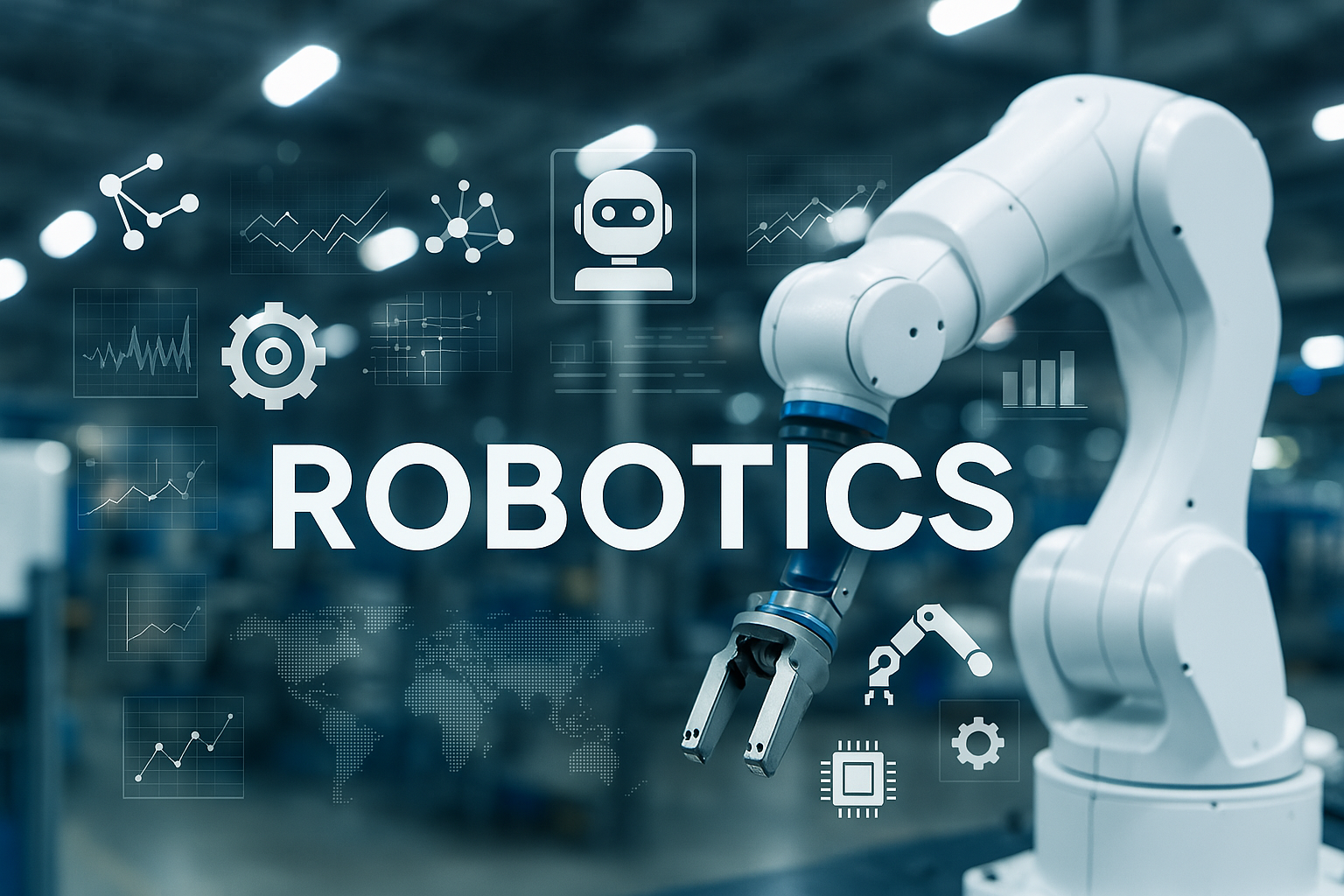Tag: Autonomous Systems
-
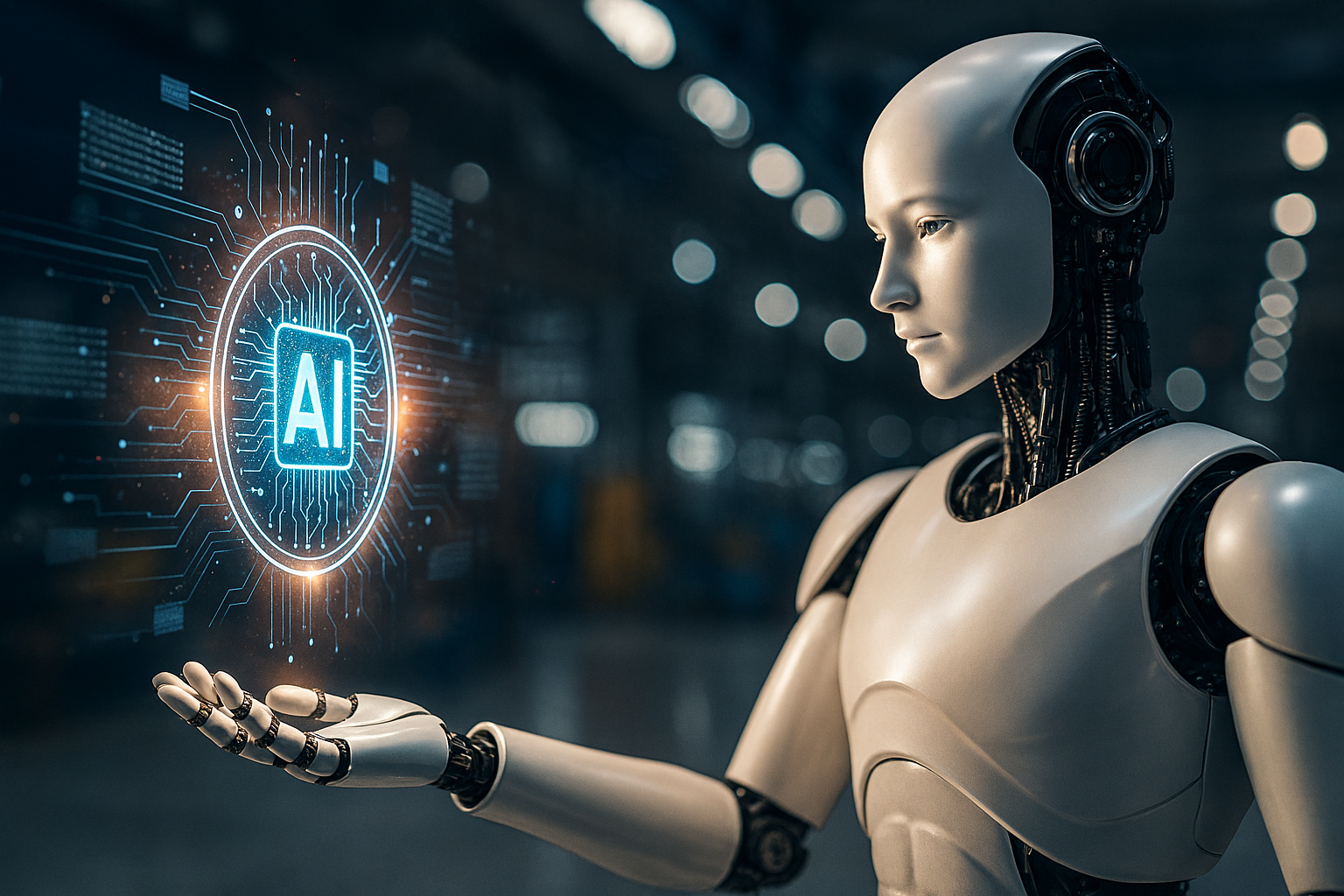
Scale AI: Powering the Future of Robotics and Automation
Discover how Scale AI drives innovation in robotics and automation, shaping the future of AI with cutting‑edge data solutions and vision.
-
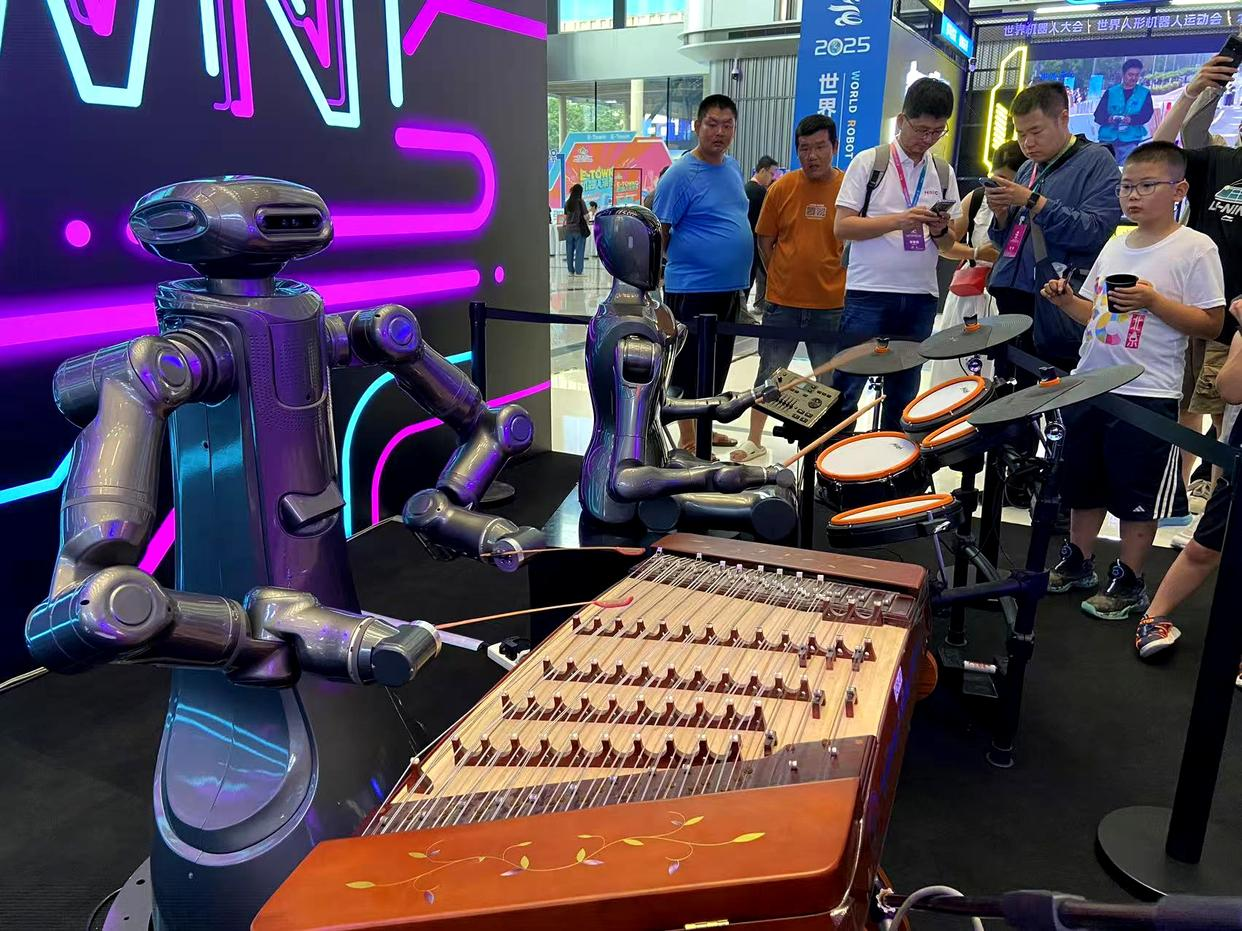
The 2025 World Robot Expo in Beijing
Beijing’s 2025 World Robot Expo gathered 20+ nations, 200+ companies, and groundbreaking AI robotics—from humanoid sports to smart cafés.
-
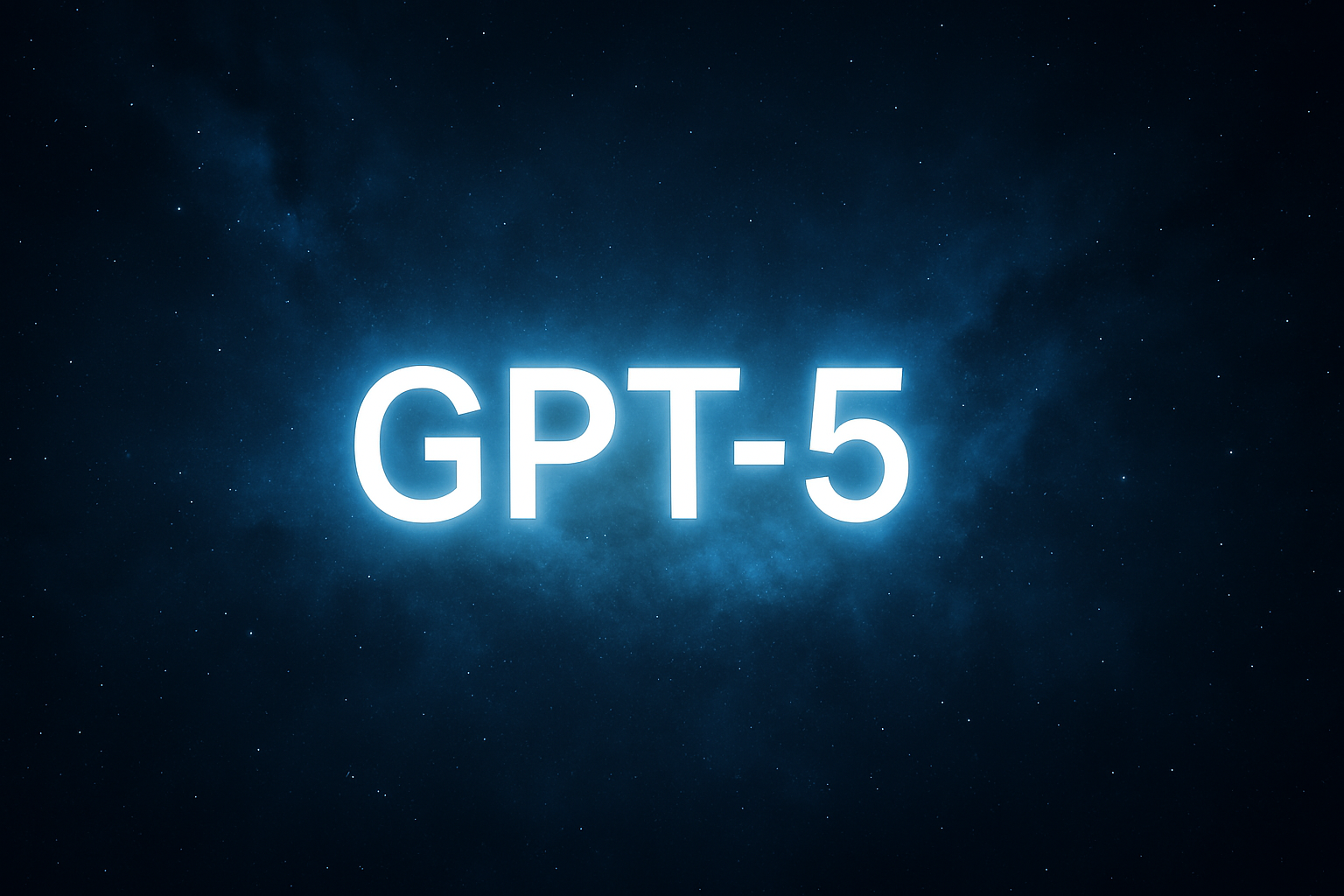
GPT-5: A New Milestone in AI and Robotics
OpenAI’s GPT-5 has arrived amid tremendous anticipation, promising to be the company’s “smartest, fastest, most useful model yet”. Unveiled on August 7, 2025, GPT-5 is described as a major step toward placing advanced intelligence at the center of modern computing. As the flagship successor to GPT-4, this model marks a “significant leap” in capabilities and…
-
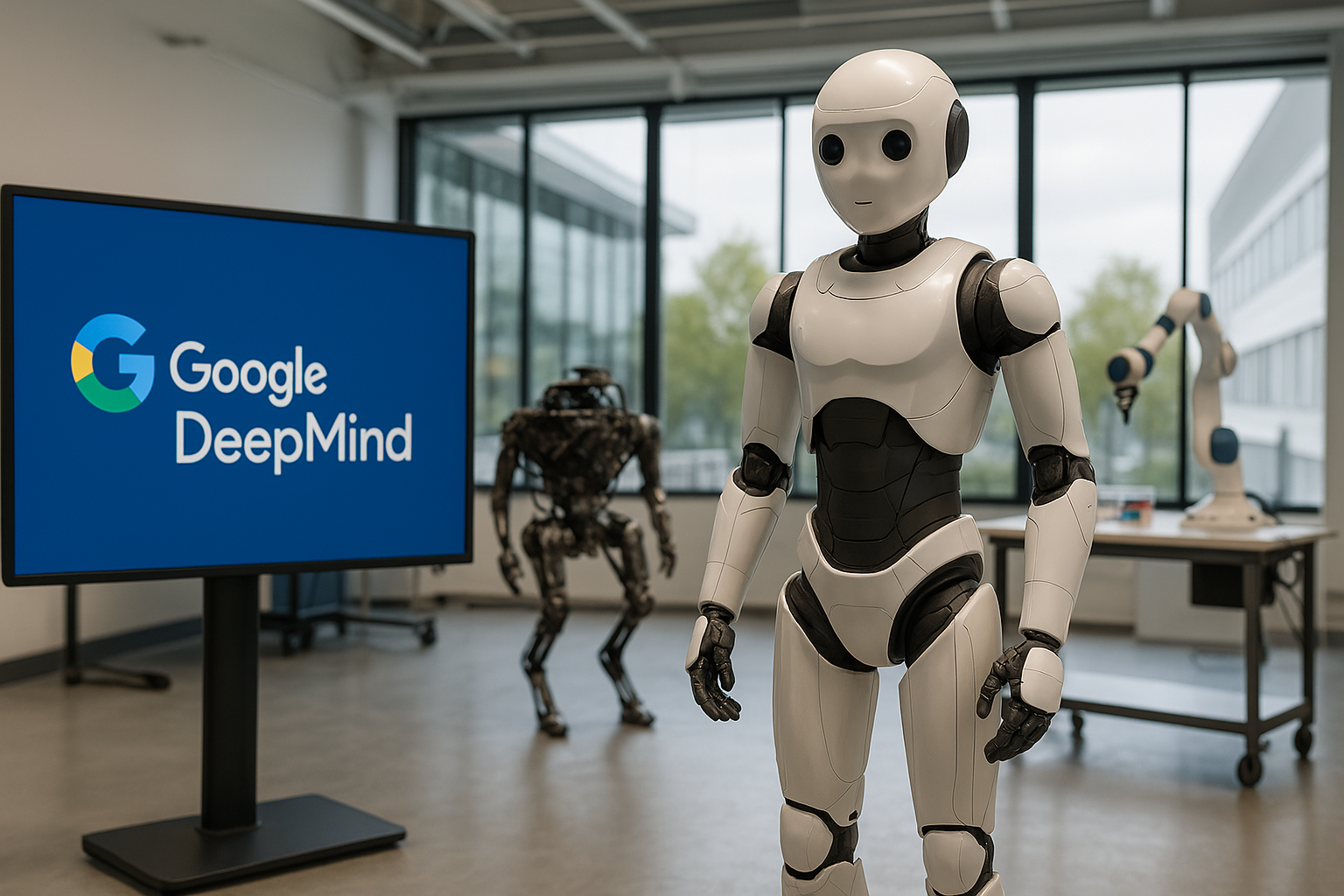
Google DeepMind: History, Breakthroughs, and Impact in AI and Robotics
Google DeepMind has emerged as one of the most influential organizations in artificial intelligence (AI) and robotics. From its early days as a startup in London to its current status as the consolidated AI research arm of Google, DeepMind’s journey is marked by groundbreaking achievements in game-playing AI, scientific discoveries like protein folding, advancements in…
-
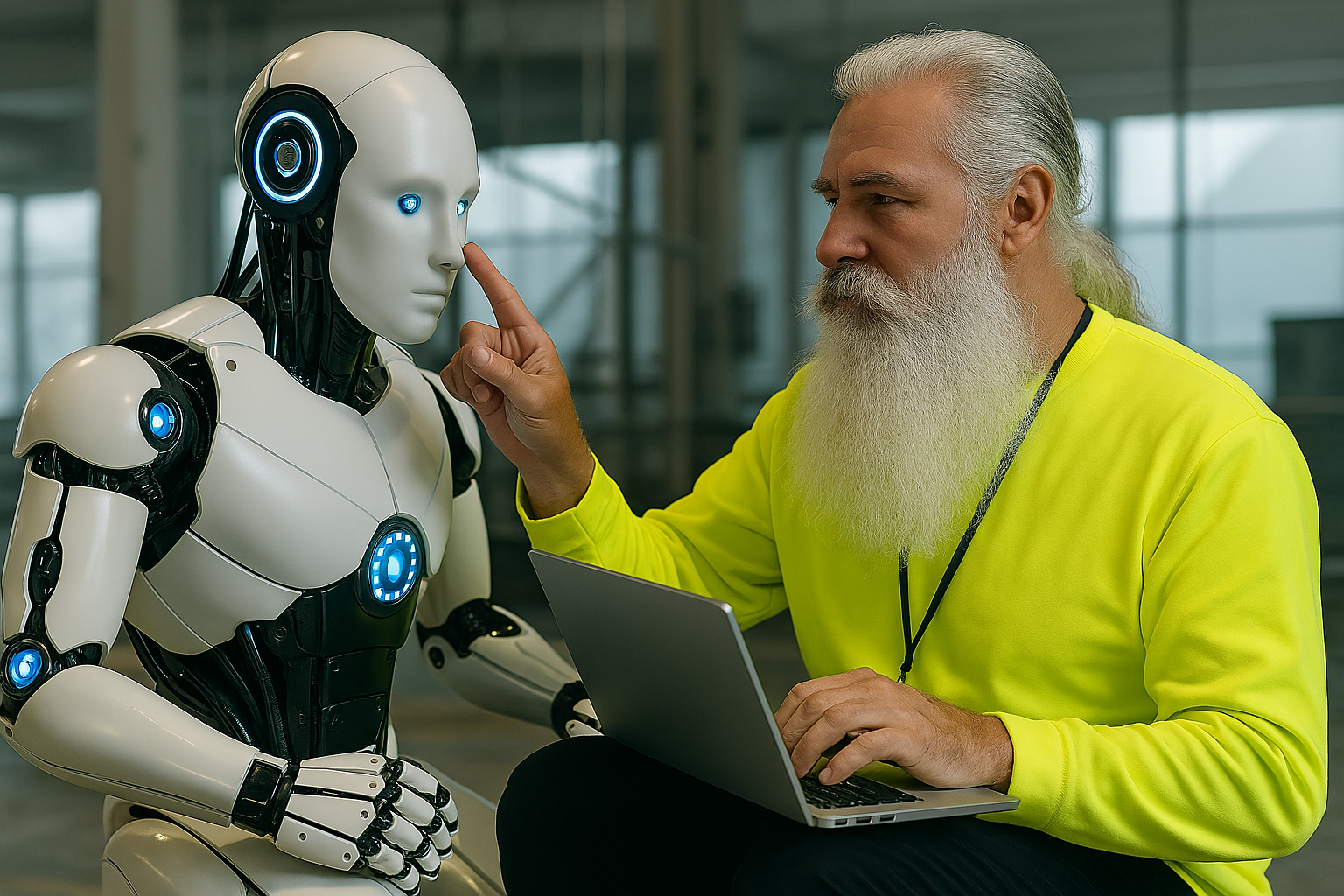
Human-in-the-Loop (HITL)
Human-in-the-Loop (HITL) refers to any system or process that integrates active human participation into an otherwise automated workflow or control loop. In an HITL model, a human operator is not just a passive observer but is involved in the operation, supervision, and decision-making of a computerized or autonomous system. The concept applies across multiple domains…
-
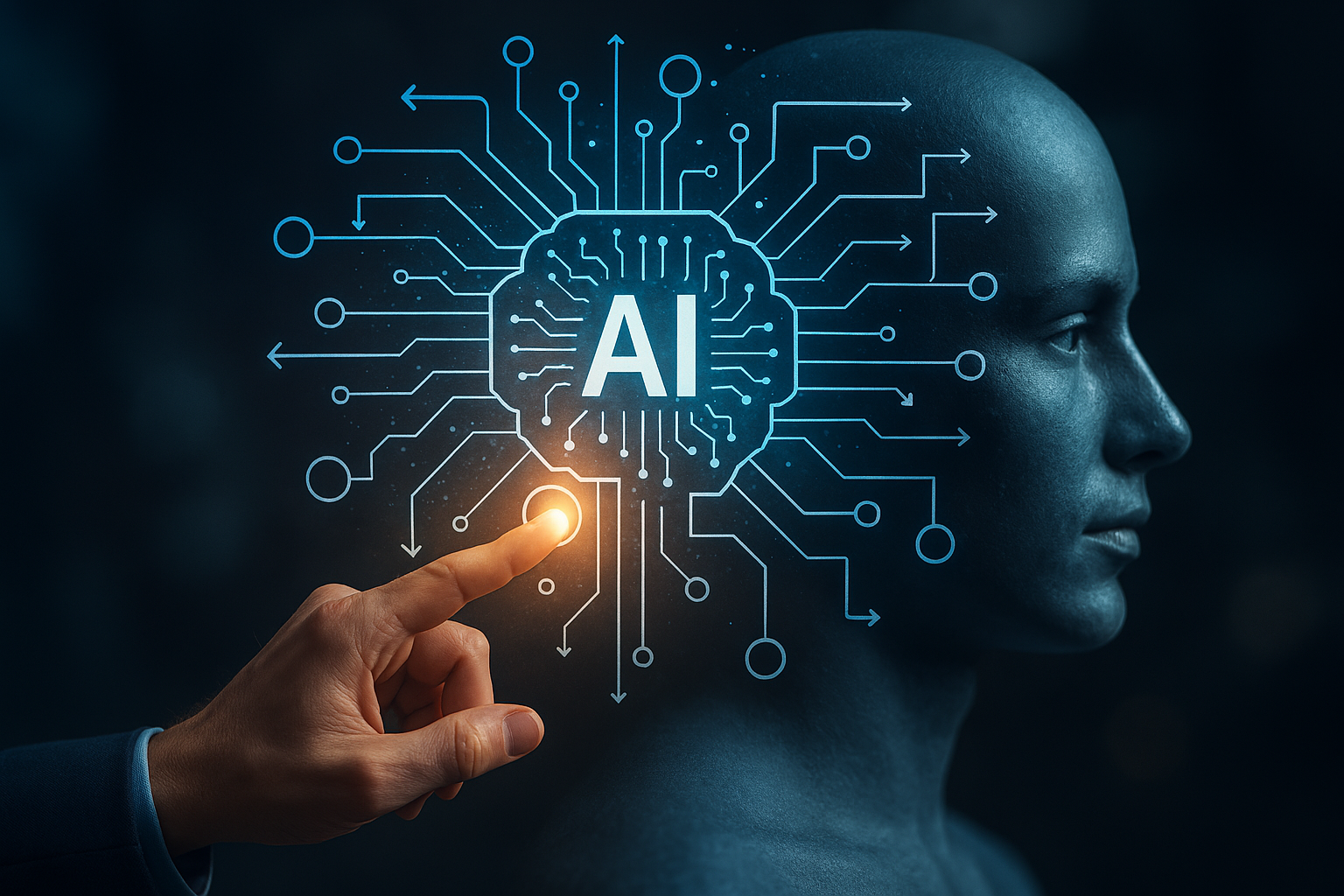
Inference (in AI)
Inference in artificial intelligence (AI) refers to the process by which an AI system draws conclusions or makes decisions based on available information, knowledge, or patterns, especially when facing data it has not seen before. In essence, it is the step where an AI applies what it has learned to new inputs, analogous to a…
-
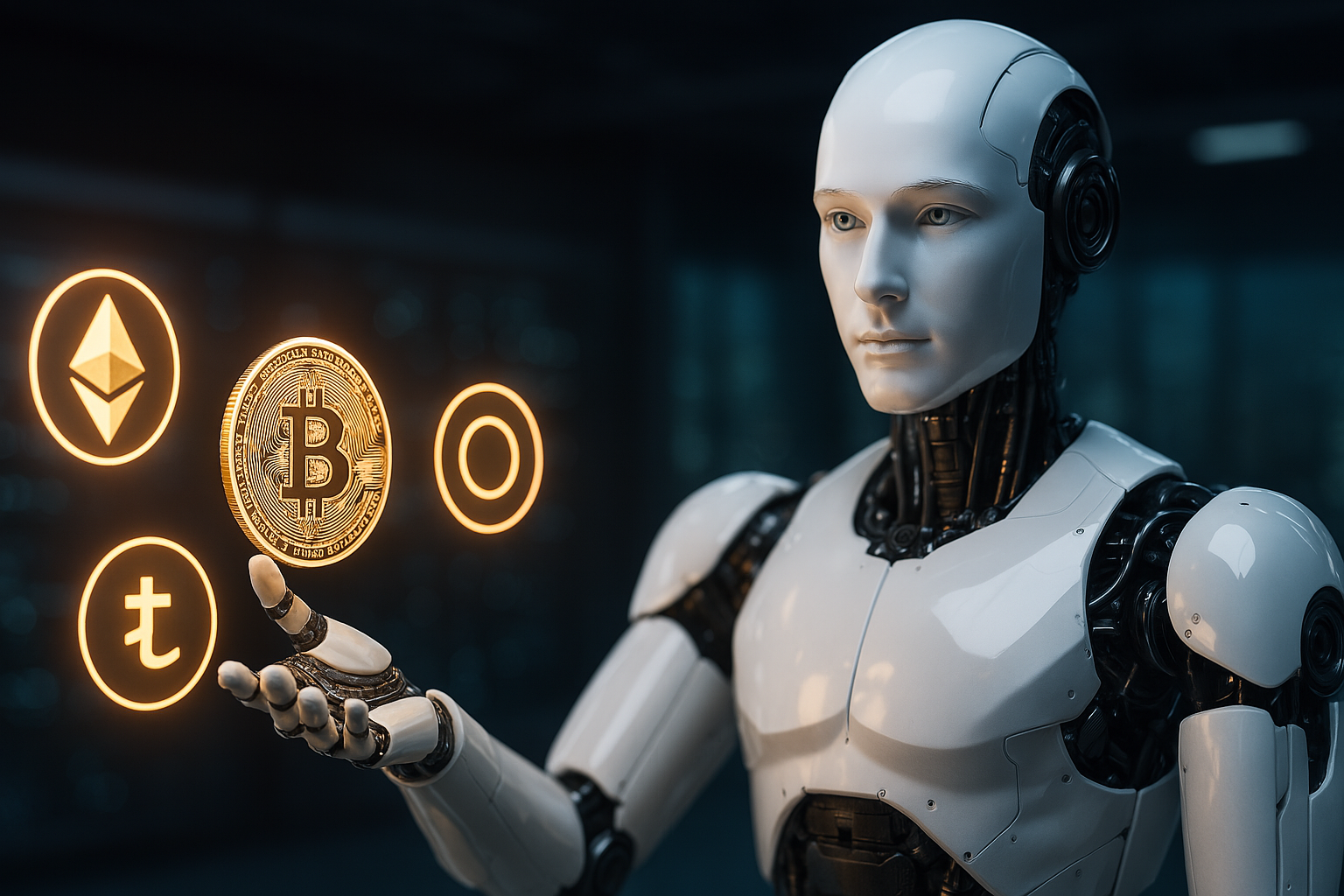
The Role of Cryptocurrency in the AI and Robotics World
Introduction Cryptocurrencies and blockchain technology are increasingly intersecting with artificial intelligence (AI) and robotics, creating a symbiotic relationship that is reshaping how these systems operate. On one hand, blockchain provides decentralized infrastructure, security, and a built-in economic layer for AI and robotic applications. On the other, AI can enhance blockchain networks and enable smarter automation…
-
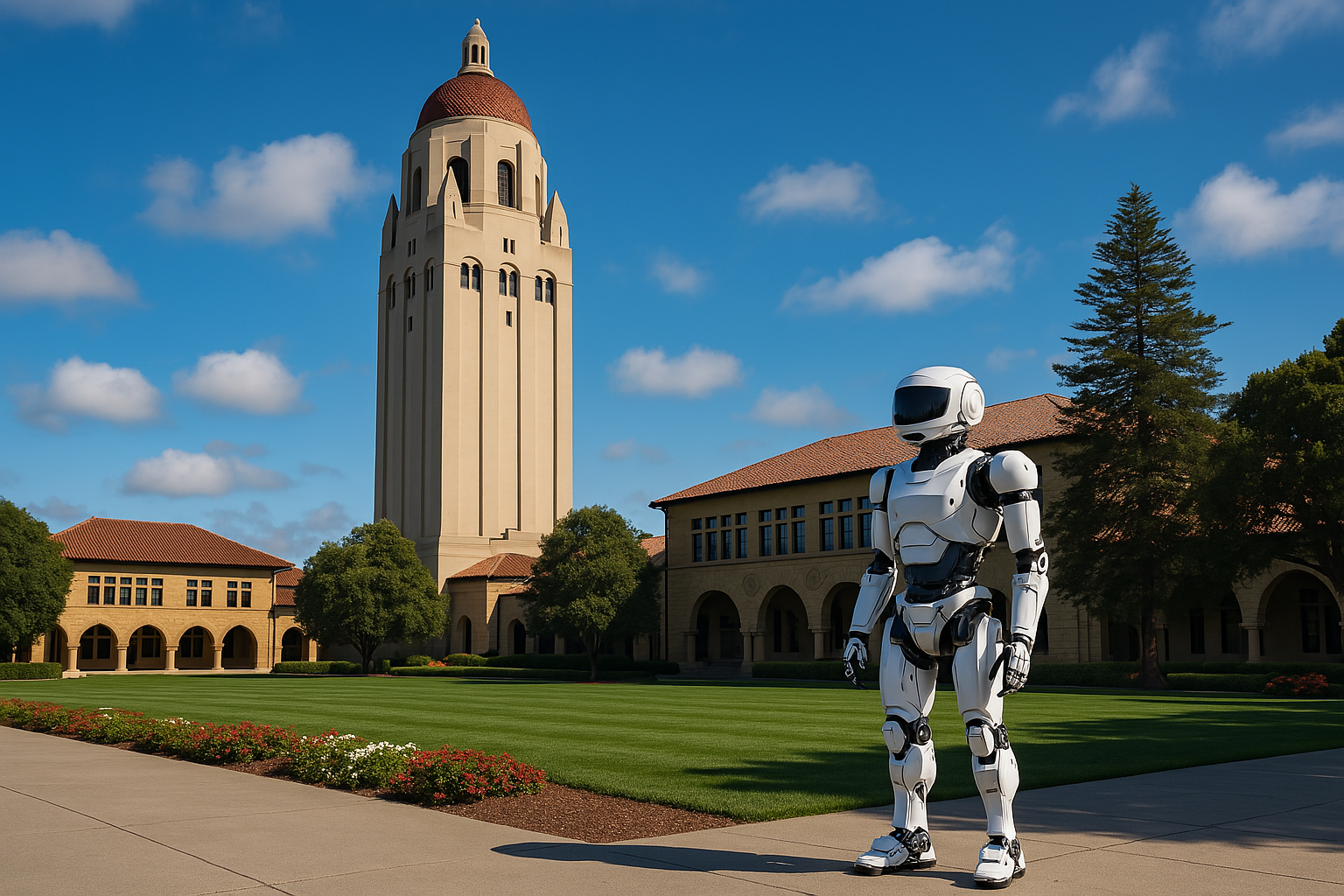
Stanford University: A Leader in AI and Robotics Education and Research
Stanford University has long stood at the forefront of artificial intelligence (AI) and robotics, from pioneering research in the field’s infancy to training new generations of innovators today. Located in the heart of Silicon Valley, Stanford has been a cradle of AI since the term was coined and a powerhouse in robotics for decades. Its…

